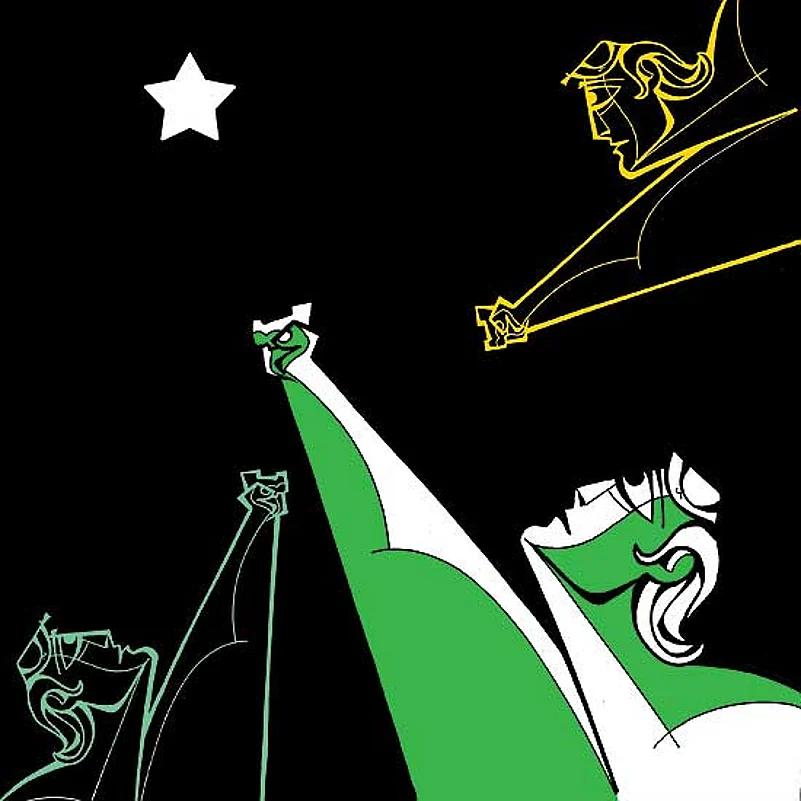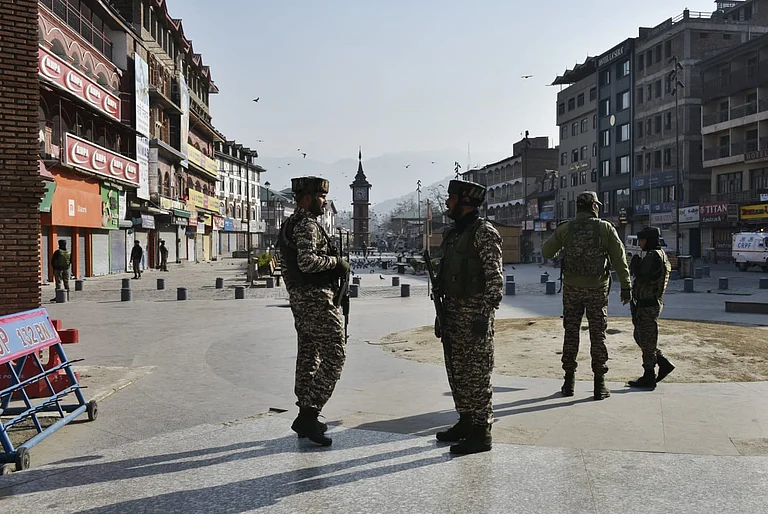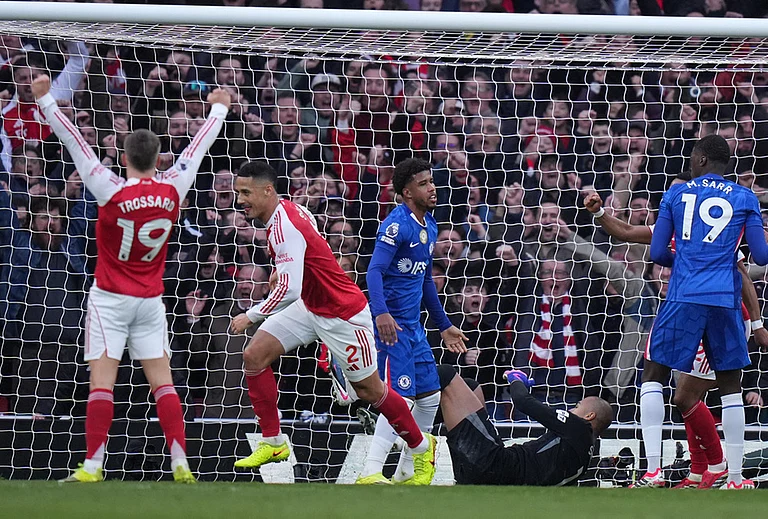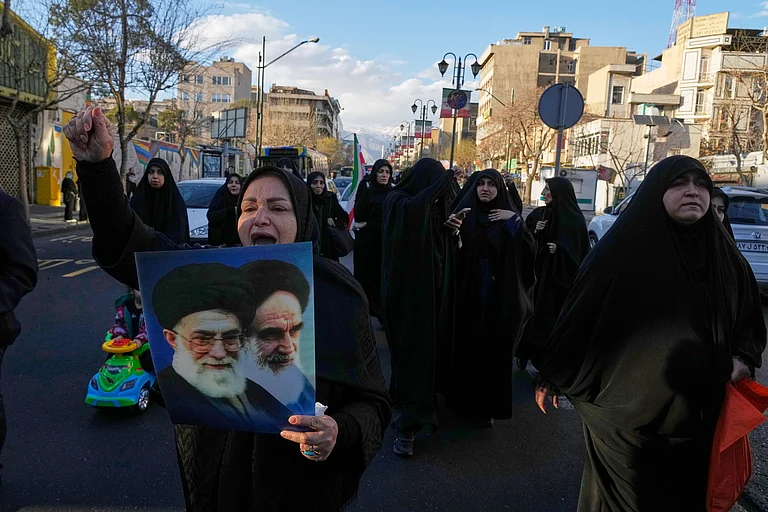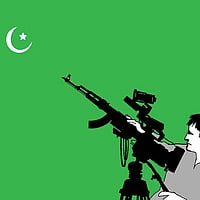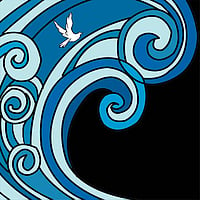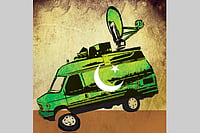The fire in a garment factory in Karachi on September 11—the worst in Pakistan’s history—claimed 289 lives. Even so, not a single soul has so far been sacked; nor has anyone resigned. Instead, we witness the same rigmarole of ministers and officials visiting the site and promising an inquiry. Of course, how could we forget the official condemnation and condolence messages pouring from the President of Pakistan downwards?
One need not be a nuclear scientist to know that Pakistan faces an acute crisis in governance. What is baffling is the extent of suffering one has to experience on a daily basis. We can understand the pain of a mother who lost three daughters and a son who died while trying to save his sisters in the Karachi Baldia fire. Not understandable is how reporters virtually mobbed her house and thrust mikes before her, asking her ‘how she feels’. Have they ever heard of ‘decency’ and ‘privacy’?
That the media we are so proud of is on a learning curve is well-known. It only reacts to events. There is seldom analysis of events, or investigative reporting. Instead, they rush to an accident on their OB vans, shout at the top of their voices from the spot, as the anchors in the studio say almost the same things we have heard hundreds of times.
The state of print media is no better. Though internet and TV have irrevocably changed print media, responsible investigative reporting remains a pillar of good print journalism. A look at the foreign papers confirms that. Not so in Pakistan. The columnists probably have been repeating the same, predictable things: peace with India; no to drone attacks; negotiate with Baloch insurgents; the Supreme Court chief justice should stop interfering in the democratic process but take suo motu notice of the particular issue the columnist feels strongly about; America should leave us alone but must continue giving us aid and help get us Kashmir.... Our newspapers seldom preempt news; they too are merely reactive. After the Karachi inferno, for instance, dozens of articles would address the lack of safety in Pakistan’s factories. Where were they before it happened? Does anyone read them? Retired folks do, as they have endless time on their hands. Judging from the reaction to my articles, perhaps more Indians read our articles than Pakistanis. The only time I got hundreds of e-mails was when I dared to write about purdah under Islam. Most of them were abusive; some continued to rail for so long that I had to block them.
I may sound cynical, but am I not telling the truth? Hardly anybody reads. We use the internet not for knowledge but to search for jobs, or for pornography. The highest searches on Google for porn are from Pakistan. You can say whatever you like on Facebook, but most Pakistanis only ‘like’, few bother to comment. We are constantly on the phone but mostly forward SMSes. We seldom draft any on our own.
Broadcast journalists should be speaking perfect Urdu (mercifully, we don’t have any Pakistani English channels). Few, if any, can do so. The emphasis is more on appearance. Of course, the content is secondary. The state of print media is equally bad—few have a good command over language.
Our educational institutions must be doing something wrong. The reasons are apparent if you meet the teachers in school, college and university. And if you dare discuss issues with them, it gets embarrassing, even tragic.
Our higher courts conduct business in English. However, half the time the pleas drafted by the lawyers resemble Polish. It is disturbing to see a similar thing in judgements too.
Our declining standard of English would have been fine (after all, it’s a foreign language) were it replaced by a good grasp of the national language. But, even as we stick with English in everything, we have lost mastery over it. The result is catastrophic—it clouds our comprehension of what is being said. Our laws, even the Constitution, is drafted poorly, resulting in strange interpretations.
So is there hope for us and a solution to all of the above? There is. To begin with, we can wait for a miracle. Most of us are adept at it, including when watching an India-Pakistan cricket match. We are perhaps the only country that prays during a match. And we have been doing the same for the liberation of Palestine and Kashmir since 1947.
The other option is a revolution, the kind experienced in Iran in 1979. But it requires genuine leadership, which presently is not visible. But it might crop up miraculously—the way Bhutto did in the ’60s, after serving Gen Ayub’s military regime for eight years. Or like Ayatollah Khomeini, who lay quiet for 26 years under the Shah’s regime.
Then there is a third option that would also work just fine, but is against the law to suggest. I would thus refrain from commenting upon it.
(Anees Jillani is an advocate of the Supreme Court of Pakistan and a member of the Washington DC Bar)






